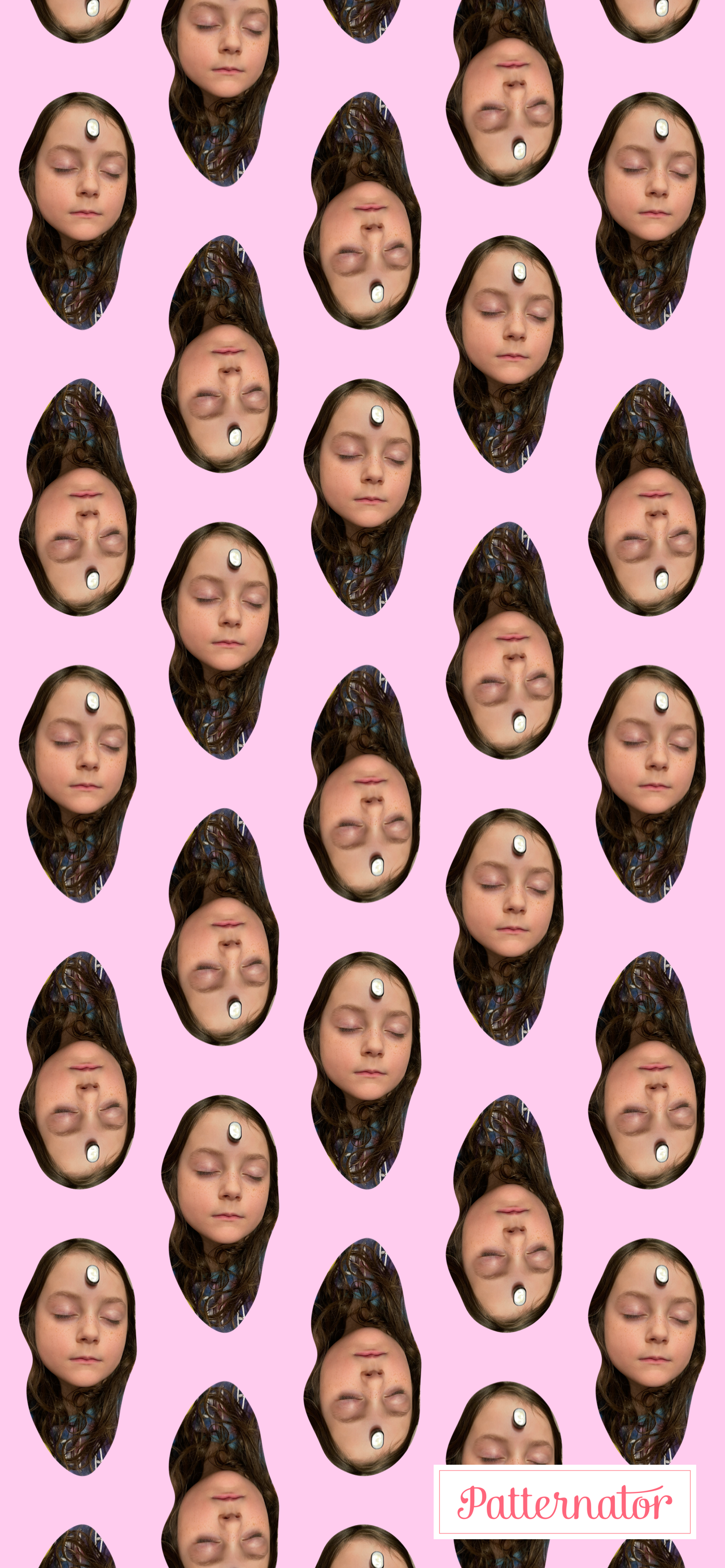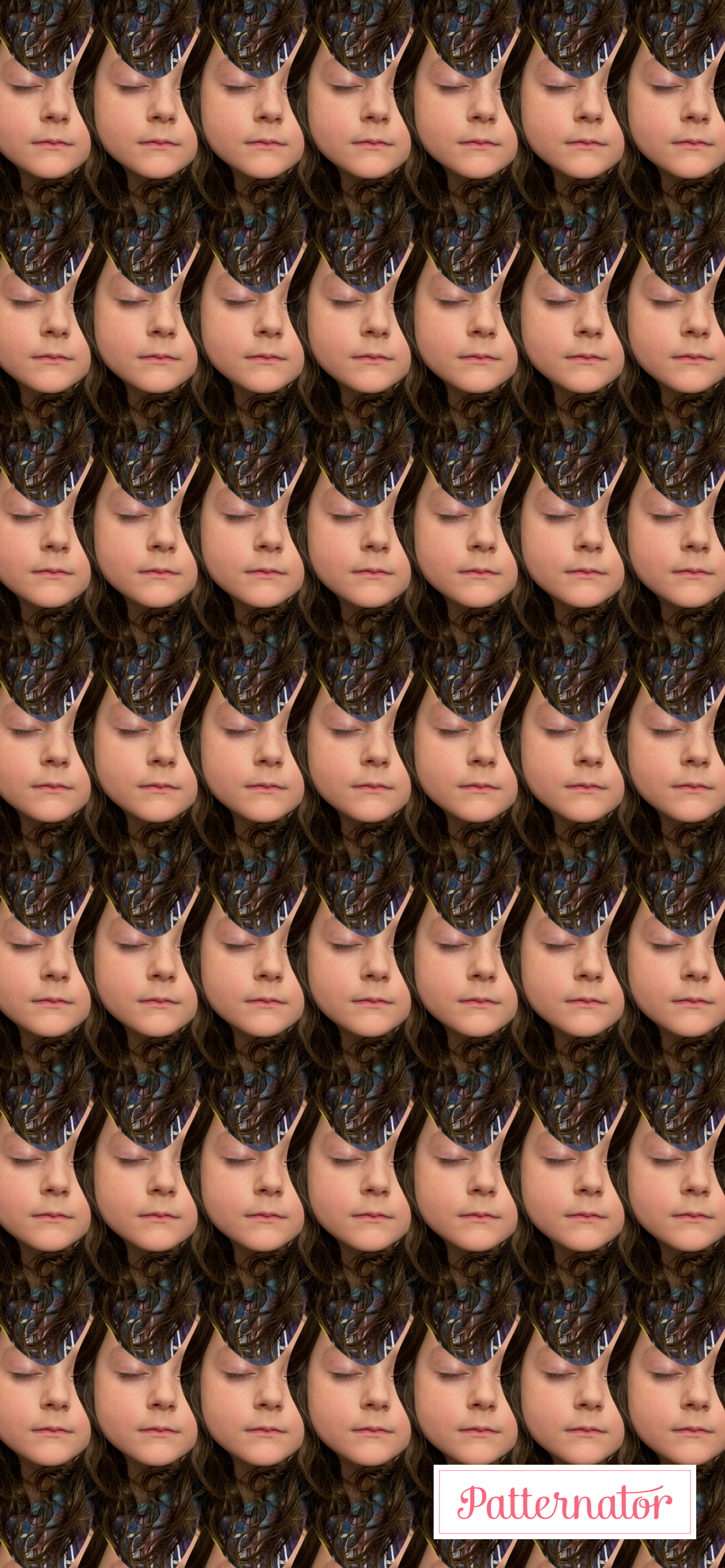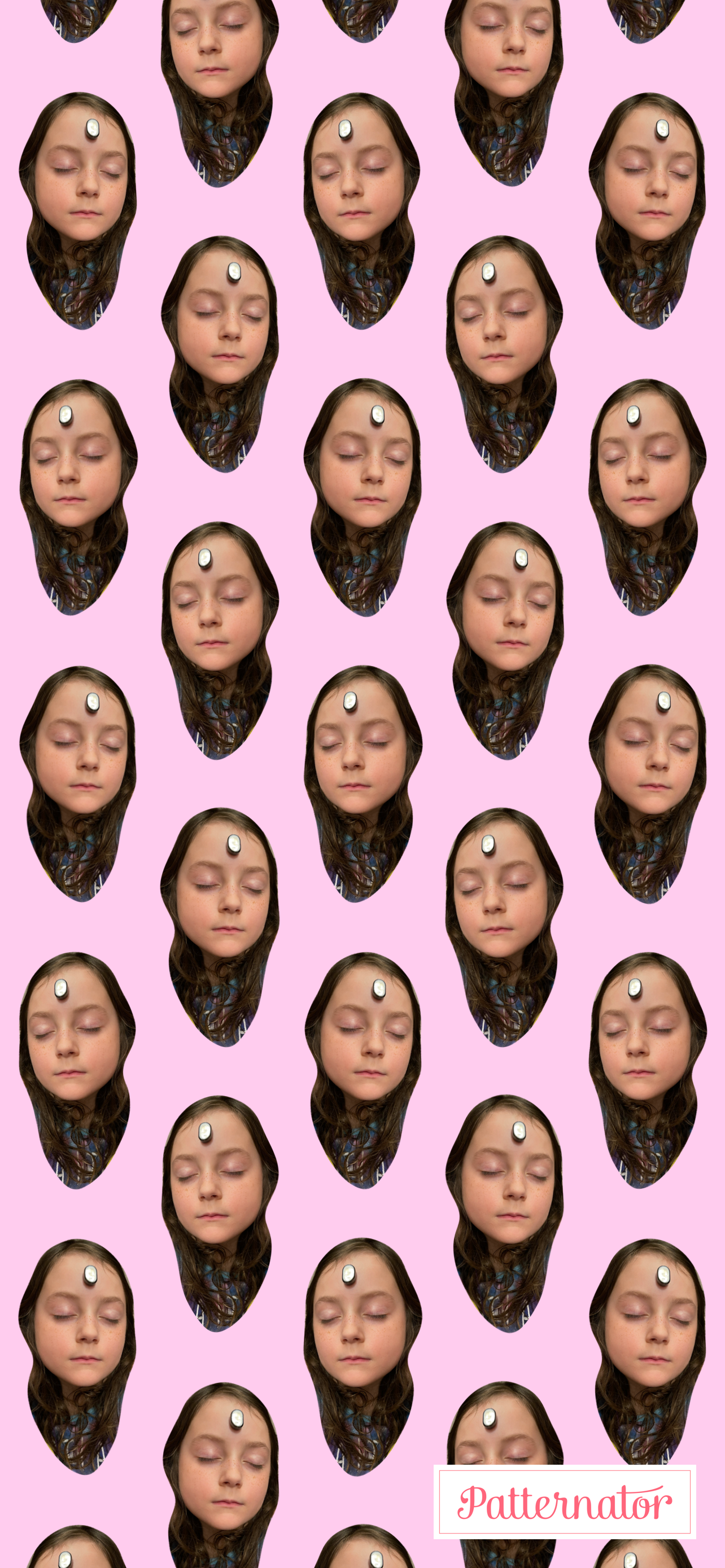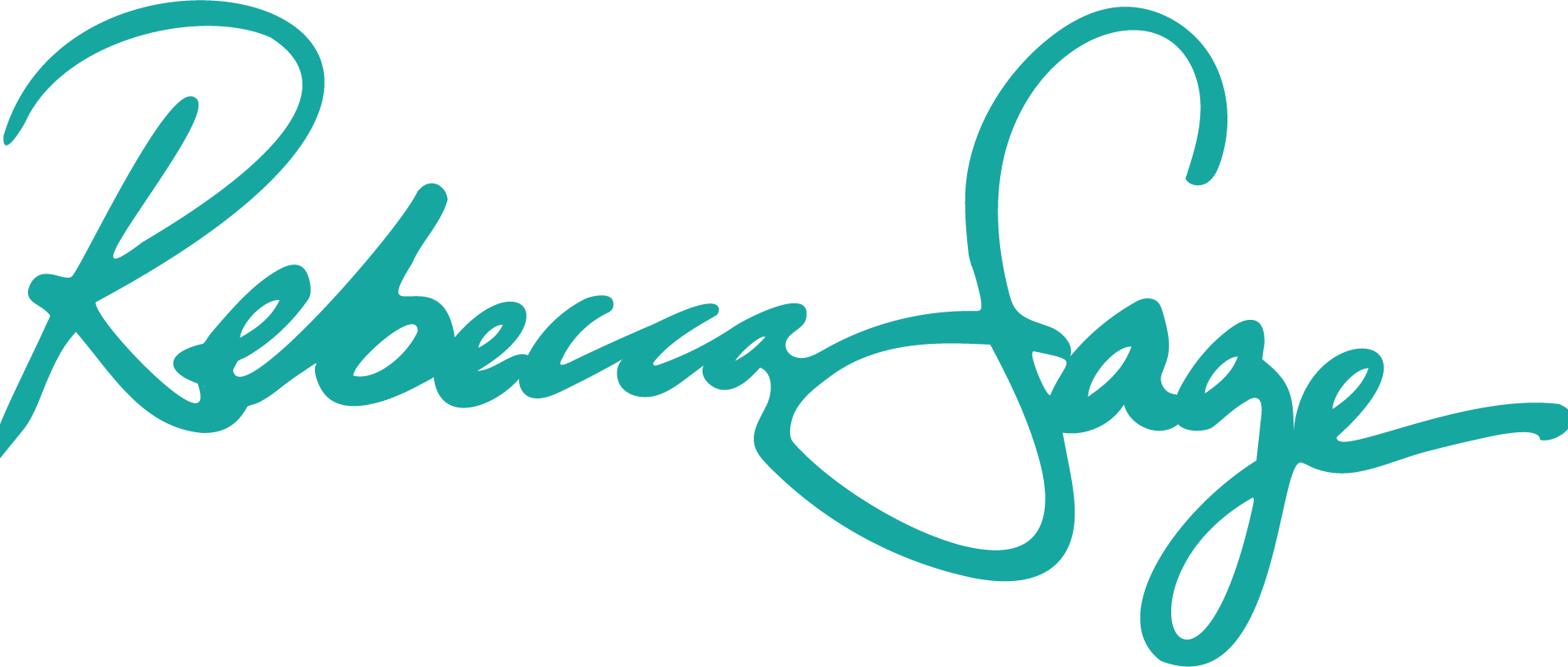Of All That We See
2021-09-16
I can't even remember what happened. It was bedtime, and I was trying to get my daughter to settle down after her story.
I want to say it was some kind of normal brand of kid humour ... and I said, "Azlynnnnnn...." in a slightly admonishing tone of voice.
And as matter of factly as she could, she said, "Don't you know anything about life?" with one brow raised.
I had to laugh, and I said, "No, sweetie. Sometimes I don't." And that's the truth. Sometimes I miss the point. Sometimes I'm so caught up in my experiences of life. I view it as my job to hold it together for everyone and create joyful experiences. Then I forget to experience the joy I make.
The inability to experience the reality we make (for ourselves and others) is an issue with researcher subjectivity that is hard to correct. Unless you're constantly scanning your thoughts, challenging your positions, and actively allowing for the idea that other people experience life differently and sometimes in ways you cannot anticipate, then you're risking lost knowledge.
I personally find that actively allowing for experiences and interpretations of experiences (which falls outside of my control) is the most challenging part of the work. My background is in public relations, which is all about shaping public opinion with your wit and strategy. In the field, we act as though we have the control to get through the day. Sometimes we think, "If I can just frame this correctly, people will respond the way I want, or NEED, them to."
After my perceptive daughter made her philosophical statement, I decided to indulge her a little and embrace her perspective. I showed her this app called Patternator. We played with it, making images and videos together and laughing.
I think she was trying to tell me life is for enjoying.
So this piece, which can serve as one representation of my autoethnography as it relates to my researcher subjectivities, came from that interaction.
I'm a white female; that's fairly easy to deduce from looking at me. With that identity comes privilege, which I have to take into account when centering others' experiences in my work. With it also comes the disenfranchisement that women of any ethnic background experience nearly universally to varying degrees.
I think that the imagery in this creative expression also shows that sometimes our individual frame of reference is all we can see, and therefore, all we can know in that moment. If we want to be most effective in our research efforts, we must remember to 'let go' a little. Let go of our own experiences, our own self-centered nature (a human experience we all share), and let go of how we think other people will experience us and our work. Instead, we need to tune into and cling to our curiosity and our desire to help others while embracing our open-minded tendencies.
This coming week, I look forward to learning more about literary genres and thinking about how I can emulate some of those practices in my work to expand my toolset, as I'm generally very focused on visual representations when considering Arts-Based Research, Arts Informed Research, and Arts-Based Inquiry.



